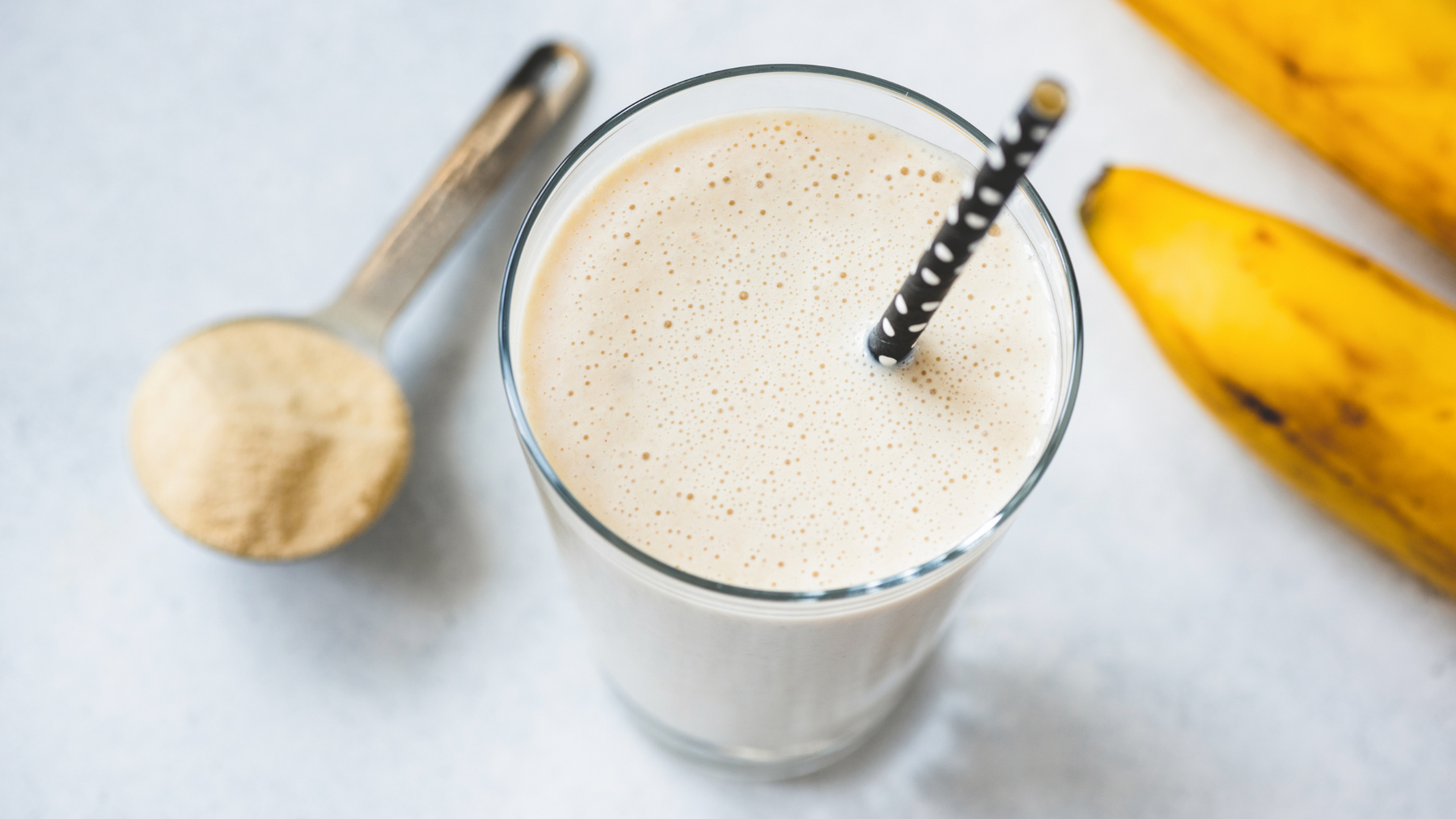
Why Beef Protein is a Top Choice for Athletes
In recent years, athletes have increasingly turned to beef protein as a staple in their diets. Why? It provides a unique combination of nutrients tailored for those aiming to optimise performance and recovery. This versatile protein source not only supports muscle repair but also ensures athletes meet their energy needs without common allergens like dairy or soy.
Main Benefits
Nutritional Composition of Beef Protein
Beef protein is rich in essential amino acids, which are the building blocks for muscle repair and growth. A standard serving contains approximately 23-25 grams of protein, zero carbs, and minimal fats, making it perfect for various dietary goals. Its micronutrients include iron, zinc, and vitamin B12—critical for energy metabolism and red blood cell production.
High Bioavailability: What It Means
The term "bioavailability" refers to how efficiently the body absorbs nutrients. Beef protein boasts an incredibly high bioavailability, meaning your body can quickly use it to fuel and repair. Unlike some plant-based proteins, it provides a complete amino acid profile.
Muscle Recovery and Growth
One of the standout features of beef protein is its ability to accelerate muscle recovery. This is particularly vital after high-intensity workouts when the body requires rapid protein synthesis. Studies have shown that beef protein can support lean muscle growth just as effectively as whey, without causing digestive discomfort.
Joint Health and Connective Tissue
Interestingly, beef protein often contains collagen, which is known to promote joint health. For athletes engaged in high-impact activities, this dual benefit of muscle recovery and joint support makes beef protein a holistic choice.
How It Compares
Beef Protein vs. Whey Protein
Beef protein and whey are both excellent sources of nutrition. However, beef protein wins out for those with lactose intolerance or dairy allergies. Additionally, it has a more prolonged digestion rate, providing sustained energy release.
Plant-Based vs. Beef Protein: Pros and Cons
While plant proteins like pea or rice protein are popular, they often lack the complete amino acid profile found in beef protein. That said, beef protein may not align with vegan or vegetarian dietary restrictions, making this comparison highly personal.
Beef Protein vs. Traditional Meat
Unlike eating steak, beef protein powders are hydrolysed for faster digestion. This makes them a convenient, post-workout option without the heaviness of a large meal.
Optimising Results
Timing and Dosage for Athletes
For best results, consume beef protein within 30 minutes of completing a workout. A typical serving size is 25-30 grams, but this may vary based on body weight and activity level.
Pairing Beef Protein with Other Nutrients
Pairing beef protein with carbohydrates post-workout can enhance glycogen replenishment. Consider pairing it with foods like sweet potatoes or bananas for a balanced recovery meal.
LSI Integration
Gluten-Free and Allergen-Free Protein Source
One of the unsung advantages of beef protein is its hypoallergenic nature. Unlike soy or dairy-based products, it is free from common allergens, making it ideal for sensitive individuals.
Sustainable Protein Sources
When choosing beef protein, look for products sourced from grass-fed cows or those certified for sustainable farming practices. Supporting ethical farming not only benefits the planet but also often results in higher-quality protein.
FAQs
Can vegetarians use beef protein?
Unfortunately, beef protein is derived from animal sources, so it is not vegetarian-friendly.
Is beef protein keto-friendly?
Absolutely! With zero carbs, beef protein fits seamlessly into ketogenic diets.
Does it contain hormones or additives?
High-quality beef protein supplements are often free from hormones and additives, but always check the label.
What is hydrolysed beef protein?
Hydrolysed beef protein undergoes a process to break it into smaller peptides, ensuring faster digestion and absorption.
How does it taste compared to other proteins?
Beef protein has a mild, savoury taste, often enhanced with natural flavouring.
Is it safe for daily consumption?
Yes, beef protein is safe for daily use as long as it is part of a balanced diet.
Conclusion
Beef protein stands out as a top-tier choice for athletes looking to enhance their performance, recovery, and overall health. Its unique composition, coupled with high bioavailability and additional benefits like joint support, makes it an unbeatable option for many.
Shop Beef Protein
Shop our full range of beef protein here.



